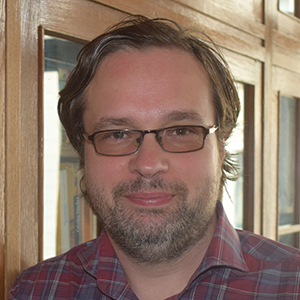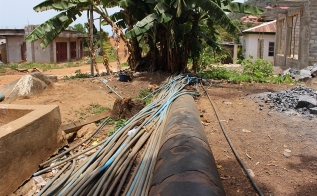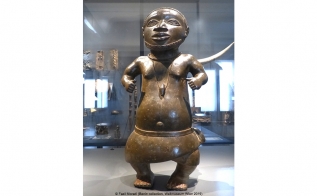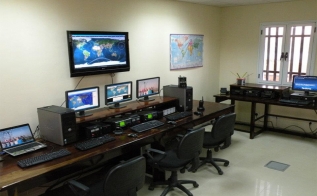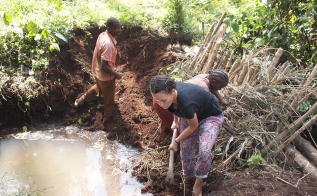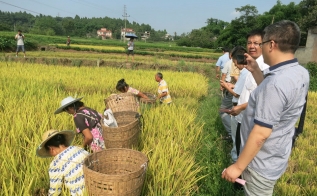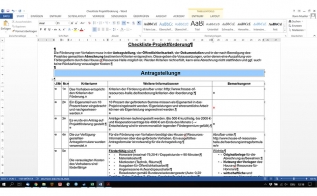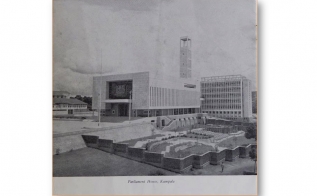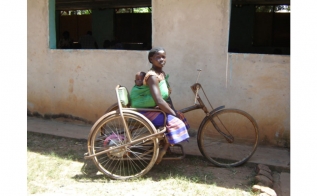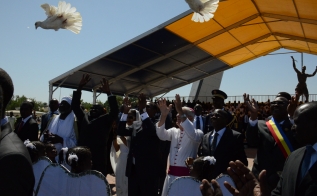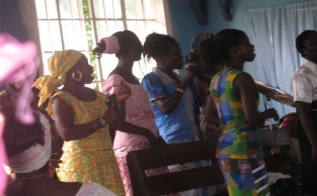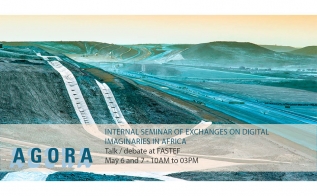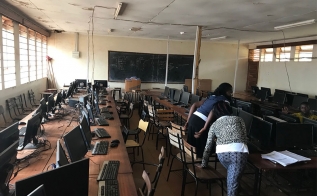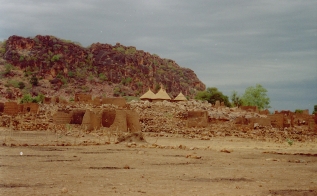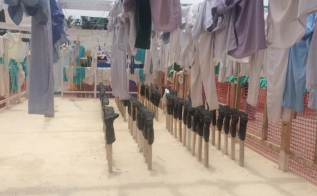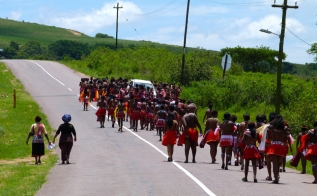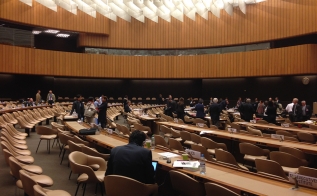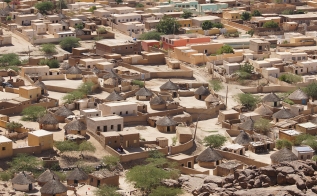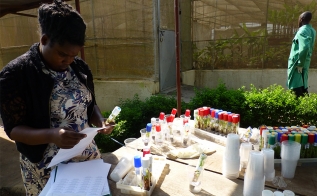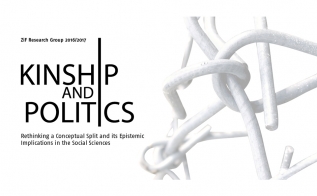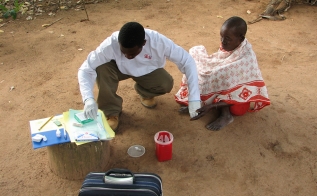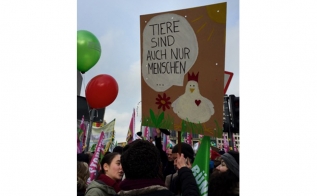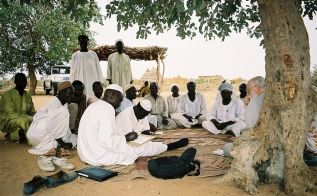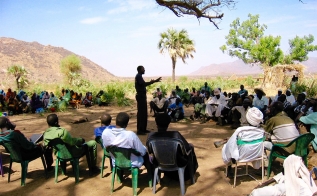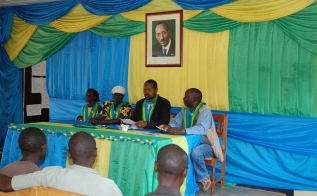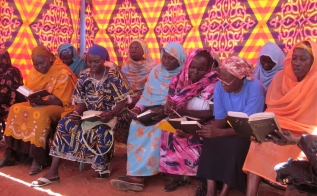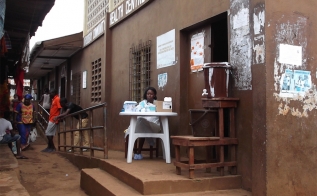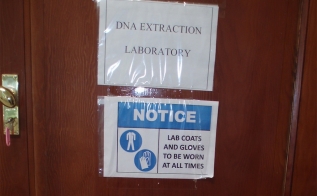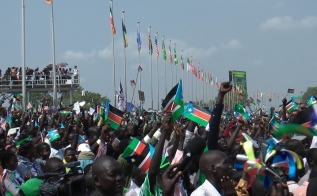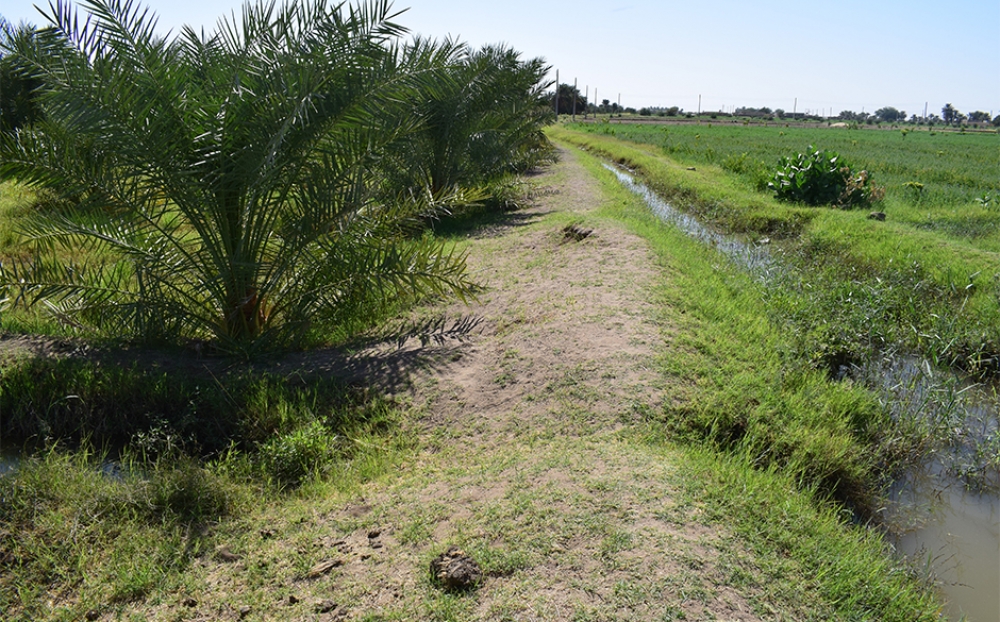
Description
Enrico studied supply chains involving date production (Phoenix dactylifera) along the Nile in northern Sudan. Date production has long been an essential part of the local population’s livelihoods in this area. In 2013, national annual production was estimated by FAOSTAT at 437,853 tons, with the main part of production conducted at the Nile banks north of Khartoum. However, recent radical changes in the population’s environment, as well as many other aspects of everyday life, have posed enormous and often existential challenges to these livelihoods, specifically agri- and horticultural production. These changes include climate change, the impact of large-scale agricultural investment schemes, and the Merowe dam construction and subsequent resettlements. The research is based on multi-sited anthropological fieldwork along the Nile between Abri, Dongola and the areas flooded due to the Merowe dam (Dar al-Manasir). These areas are affected by the changes in similar ways, but to different degrees, which allows a study of successive transformations and adaptation to new environmental and socio-economic situations. The radical, irreversible nature of the changes furthermore enhances the need both to document and analyse how people deal with the loss of something they previously regarded as a constant, essential aspect of their life. The study of ideas and practices around immobile, durable, productive trees is exceptionally suited to grasp both the biographical long-term perspective and the annual rhythm of a rural agricultural life-style, including occurring subtle and/or substantial shifts; the common usage of every part of the palm trees for food, weaving and construction strengthens this aspect. In a larger perspective, the inclusion of historical, macroeconomic and climatic aspects will contextualize these individual situations and lead to insights into contingent effects of these changes on different scales.
Team members
Enrico Ille
Assistant Professor at the University of Leipzig
Vaccine Inequity (completed project)
Uli Beisel, Richard RottenburgThis project interrogates how fair access can be built into the design of vaccines and critically...
Water contexts of Freetown (completed project)
Lorenz GoschThis project engages with the social life of water in Freetown, Sierra Leone.
The haunting of colonialism (completed project)
Fazil MoradiThis study examines the future inscribed into the restitution of artworks originating from the Ki...
Technoscapes in Africa (completed project)
Richard Rottenburg, Siri Lamoureaux, Alena ThielThis collaborative project examines the coproduction of technicisation and spatial orders across ...
Living in a forest landscape (Completed Project)
Laura MattThis project engaged with different readings of the Northern Sierra Leonean landscape by examinin...
Civil Drones in Africa (COMPLETED PROJECT)
René UmlaufBased on the increasing use of civil drones, this project examined new spatial formats that emerg...
Performing State Boundaries (Completed Project)
Christof LammerThis project investigated how boundaries between state, civil society and kinship are performed i...
MIGRANT ORGANIZATIONS IN HALLE (SAALE), GERMANY (COMPLETED PROJECT)
Ronn MüllerThe "House of Resources" project addressed the issue of immigration and integration by supporting...
Science at the Ugandan Parliament (Completed Project)
Kerry HoldenThis project explored evidence regimes in parliamentary deliberations in Uganda and asked how new...
Inscriptions of body prostheses (Completed Project)
Herbert MuyindaThis project examined the cultural, normative and political inscriptions of assistive devices for...
Secularism, Higher Education, and the State in Chad (completed project)
Remadji HoinathyThis project examined how secularism is negotiated in higher education institutions in Chad amids...
Religion and Trust in Biomedicine (Completed Project)
Sylvanus Spencer (1963-2021)This project investigated how religious beliefs and practices influenced trust in biomedical meas...
Digital Imaginaries (Completed Project)
Julien McHardy, Richard RottenburgThe project brought together artistic and scholarly contributions to reflect on how African imagi...
Curriculum Development (Completed Project)
Richard Rottenburg, René Umlauf, Herbert Muyinda, Keith BreckenridgeThe aim of this project was to publish five open access volumes of case studies that stimulate cu...
Conflict Resolution in Sudan (COMPLETED PROJECT)
Guma Kunda KomeyThis collaborative action-oriented research project between the Centre for Peace and Development ...
A World without AIDS (Completed Project)
Vinh-Kim NguyenThis project examined how the efficacy of pre-exposure prophylaxis for HIV in trials has been pro...
Ghana’s Biometric Population Register (Completed Project)
Alena ThielThe project dealt with e-ID programs and their negative sides, including the influence of the pri...
Concerning issues: Making things political in Durban (Completed Project)
Eva RiedkeEva's dissertation focused on 'issue' politics and processes of 'issue-ification' unfolding in Du...
The Emergence of Global Taxpayers (Completed Project)
Johanna MuglerThis project explored transnational legal and fiscal expert networks and the organisational envir...
Customary and International Law: Peacebuilding in the Sudan (Completed Project)
Philippe GoutThis project examined the impact of transnational legal pluralism in the context of international...
Better Bananas (completed project)
Sandra CalkinsIn the face of Malthusian dystopias and their impetus to grow more and better food, this project ...
Kinship and Politics (Completed Project)
Tatjana Thelen, Christof LammerThis project critically questioned the inherited idea that modernity implies a decline of the pol...
Translating Global Health Technologies (Completed Project)
Richard Rottenburg, Uli Beisel, René Umlauf, Sung-Joon ParkThe project examined the introduction of new health technologies in Rwanda and Uganda and the cha...
Our Fellow Creatures (Completed Project)
Amy FieldThe research project addressed the impact of the constitutional protection of animals on regulato...
Oil and Social Change in Niger and Chad (Completed Project)
Andrea BehrendsThe project examined social transformations in the newly emerging African oil states of Niger and...
Adaptation and Creativity in Africa (Completed Project)
Richard Rottenburg, Andrea Behrends, René Umlauf, Uli Beisel, Ronn Müller, Sung-Joon Park, Siri Lamoureaux, Eva RiedkeThis research programme examined the ways in which technologies and significations are entwined a...
The Promise of Access to Justice in Rwanda (Completed Project)
Stefanie BognitzThis PhD project has analyzed contemporary re-makings of legal institutions in Rwanda and conside...
CRISIS IN THE EGYPTIAN HIGHER EDUCATION (Completed Project)
Daniele CantiniThis research project looked at the configurations of society, legitimacy, knowledge and power in...
Virtuous Language (Completed Project)
Siri LamoureauxSiri explored how identity and the gendered moral means of enacting it in semiotic practice are r...
Trust in Medicine After the EVD Epidemic (Completed Project)
Sung-Joon Park, Uli Beisel, Lorenz Gosch, Sylvanus Spencer (1963-2021), Susan EriksonDrawing on empirical evidence from the Ebola epidemic in Sierra Leone, Ghana, and Uganda, this pr...
Race/Trouble (Completed Project)
Katharina SchrammThis project inquired into race trouble and the reverberations of classificatory violence in cont...
The Local Making of a South Sudanese State (Completed Project)
Timm SureauWithout assuming a ready-made Western model, Timm examined the ongoing construction and reconstru...

